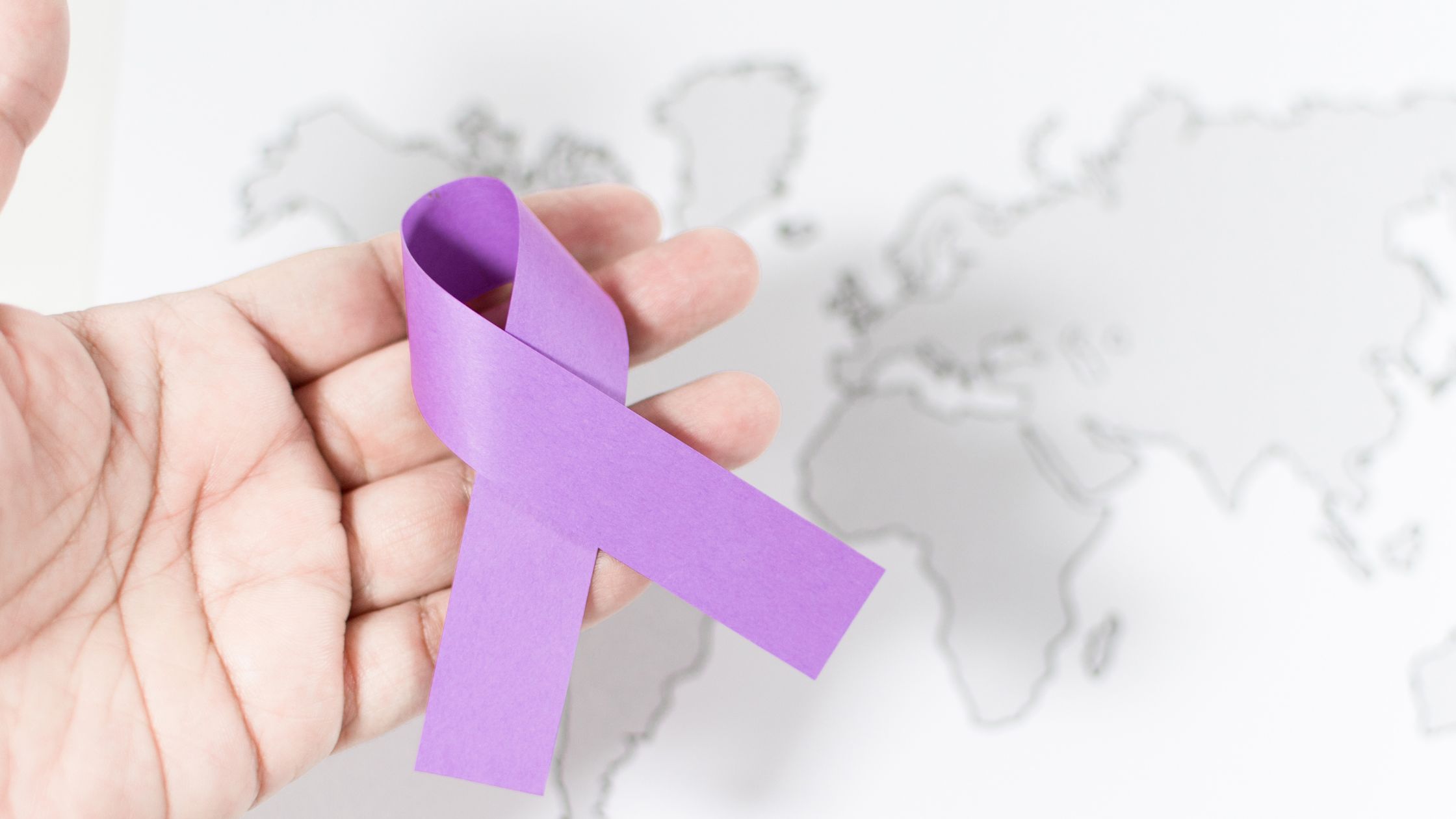For some immigrants, the only pathway to legal status may be through an US citizen or resident family member, who is unwilling to help them file their papers. This leaves the immigrant in a tremendously vulnerable situation. The Violence Against Women Act (VAWA) was enacted to protect individuals facing situations like this in the United States. It offers them a lifeline to escape toxic relationships and seek a path to legal residency.
In this article, we will explore how parents of U.S. citizen children can qualify for VAWA, emphasizing key aspects such as immigration work permits, maintaining residency, and overcoming toxic problems.
Top Five Key Aspects of VAWA

- Understanding VAWA Eligibility:
VAWA provides protections for victims of domestic abuse or violence or those who have grave toxic problems within their relationship. This included parents of U.S. citizen children. To qualify, individuals must prove they are victims of abuse committed by a U.S. citizen child. They can also qualify if they face serious issues with their citizen or resident spouse.
- The Importance of Immigration Work Permits:
One significant benefit of VAWA is the opportunity to obtain an immigration work permit, also known as an Employment Authorization Document (EAD). This permit allows victims to legally work in the United States while their VAWA petition is pending. Gaining financial independence is a crucial step in breaking free from a toxic situation and rebuilding one’s life.
- Remaining in the United States Without Leaving:
VAWA provides a unique avenue for victims to seek legal status without leaving the United States. Unlike some other immigration processes that may require individuals to return to their home countries, VAWA allows eligible applicants to adjust their status while remaining in the country. This provision is crucial in ensuring the safety of victims, allowing them to build a new life without the fear of retaliation from their abuser.
- Residency and the VAWA Process:
Once a VAWA petition is approved, the next step is obtaining legal permanent residency (green card). Successful applicants can achieve this by filing an application to adjust their status. Through this process, they can transition from being a victim of abuse to becoming lawful permanent residents, providing stability for themselves and their U.S. citizen children.
- Overcoming Toxic Problems:
Navigating the VAWA process can be emotionally challenging, especially for those escaping toxic relationships. Seeking support from advocacy groups, legal services, and counseling can help individuals cope with the trauma of abuse and navigate the complexities of the immigration system. Understanding that help is available and taking steps towards a healthier future is essential in overcoming the toxic problems faced by survivors. To understand what kinds of problems qualify as ‘abuse’ for purposes of VAWA, see our article about it here.
For parents of U.S. citizen children who are trapped in abusive relationships, VAWA offers a lifeline to safety and security. By understanding the eligibility criteria, leveraging the benefits of immigration work permits, and remaining in the United States throughout the process, survivors can pave the way for a brighter future.
Overcoming toxic problems is a journey, but with the support of legal resources and advocacy groups, victims can break free, reclaim their lives, and build a better future for themselves and their children.
For the parents of a U.S. citizen to qualify for VAWA you must meet the following requirements:
- You have suffered abuse or extreme cruelty by your U.S. citizen son or daughter.
- You have suffered abuse or extreme cruelty by your U.S. citizen son or daughter, and you have lived or do live with them.
- Your son or daughter is at least 21 years of age when filing for self-petition.
- Your U.S. citizen son or daughter who lost or renounced citizenship status related to an incident of domestic violence.
- You’re the parent of a U.S. citizen son or daughter who was at least 21 years of age and who had died within the two years prior to filing for VAWA.
- You, yourself are a person of good moral character.
What Potential VAWA Qualifiers Must Do:
Determining first whether VAWA is an option for you or not is the first thing one must do. For matters that involve both your future and safety, getting the process right and extremely confidential is very crucial. It’s always better to check your best options by asking questions from those who know the process well.
VAWA application process must be supervised by a U.S Immigration Lawyer. The best first step is to check your best options through the help of an immigration firm. If you believe your case may qualify for VAWA, call our office at 630 504-0648 for a free case evaluation or book a consultation with Atty. Farrah now by clicking this link.
Facebook: Qazi Law Offices
Instagram: AbogadaFarrahQazi
LinkedIn: Qazi Law offices

